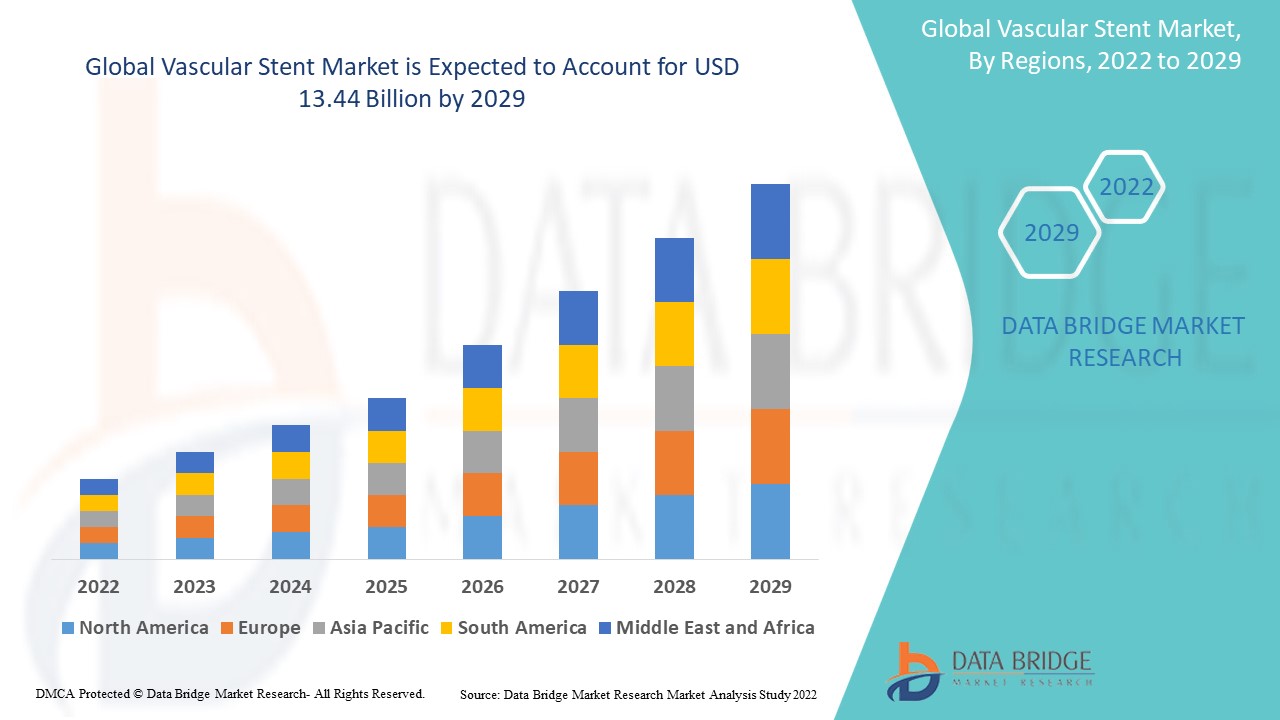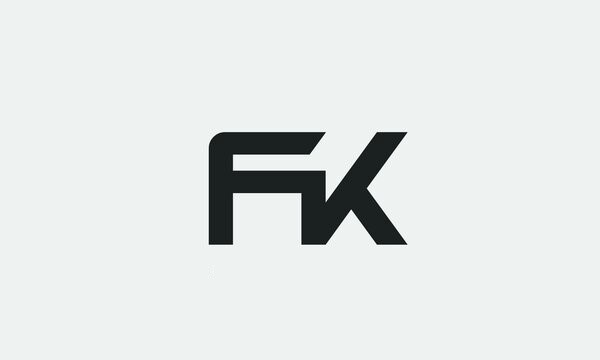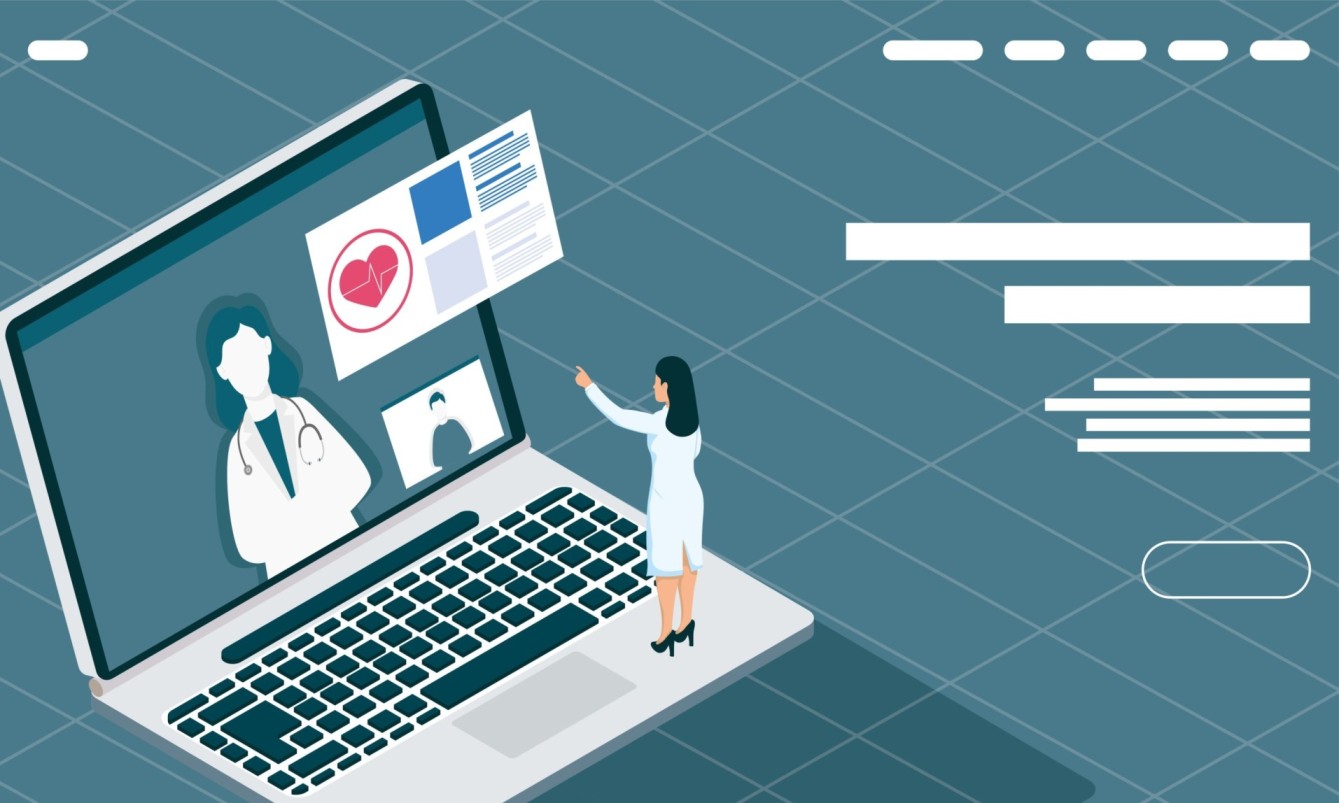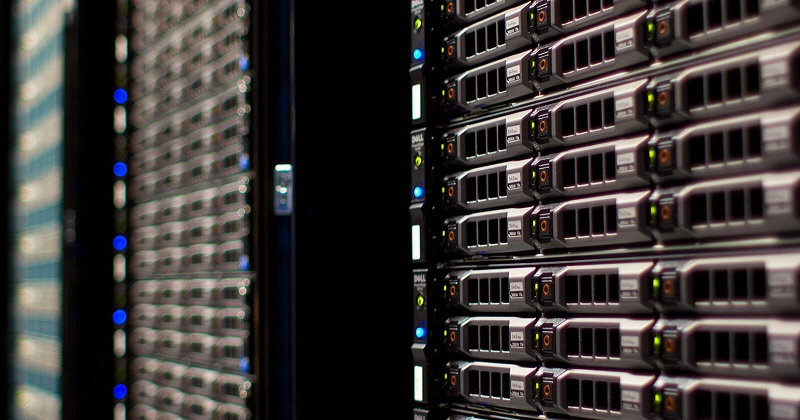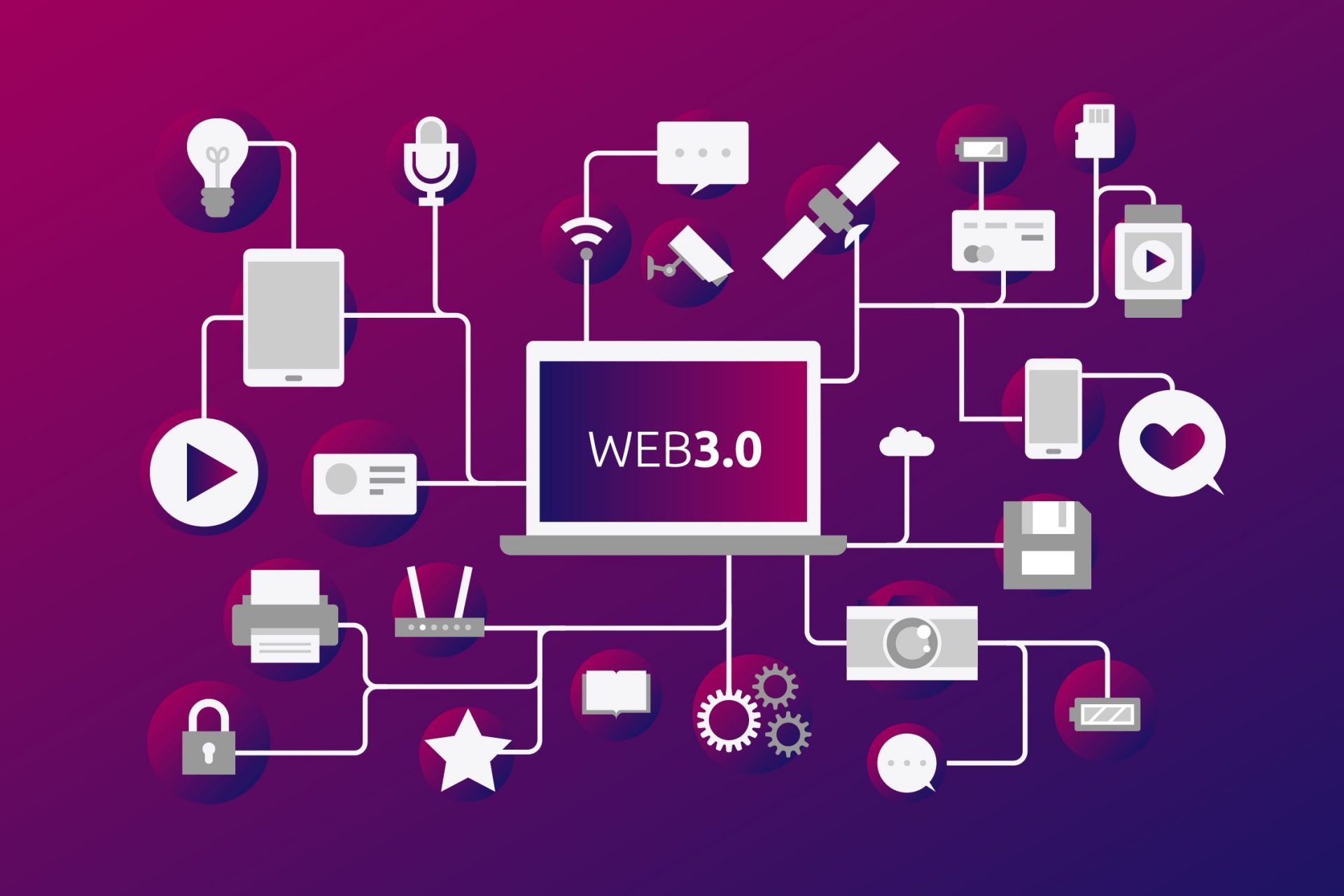Patient safety stands as a paramount concern for healthcare providers. Revenue Cycle Management (RCM) automation, a cutting-edge solution, not only streamlines administrative tasks but also significantly enhances patient safety. From minimizing errors to improving data accuracy, RCM automation offers a multitude of benefits that directly contribute to a safer healthcare environment. Let’s delve into the various ways RCM automation plays a crucial role in bolstering patient safety.
- Error Reduction Through Automated Processes
One of the most significant advantages of RCM automation is its ability to reduce errors in billing and documentation. By automating repetitive tasks such as data entry and claim submissions, healthcare providers can minimize the risk of human error. This ensures that patient records remain accurate and up-to-date, ultimately enhancing the quality of care delivered.
- Real-Time Eligibility Verification
RCM automation allows for real-time eligibility verification of patients’ insurance coverage and benefits. This ensures that patients receive the appropriate level of care covered by their insurance plans, reducing instances of denied claims and billing discrepancies. By verifying eligibility in real-time, healthcare providers can streamline the billing process and minimize delays in treatment, thus improving patient safety.
- Efficient Claims Processing
Manual claims processing can be time-consuming and prone to errors, leading to delays in reimbursement and potential billing inaccuracies. RCM automation accelerates the claims process by electronically submitting claims to payers, reducing the time it takes to receive payment. This efficiency not only improves cash flow for healthcare organizations but also ensures that patients receive prompt and accurate billing statements, enhancing transparency and trust.
- Proactive Denial Management
RCM automation enables proactive denial management by identifying potential issues in claims before submission. By analyzing claims data and identifying patterns, automated systems can flag errors or missing information that could lead to claim denials. Addressing these issues proactively helps prevent delays in reimbursement and ensures that patients receive timely and appropriate care without disruption.
- Enhanced Compliance with Regulatory Standards
Maintaining compliance with ever-evolving healthcare regulations is a daunting task for providers. RCM automation helps ensure adherence to regulatory standards by incorporating built-in compliance checks and updates. By automating compliance processes, healthcare organizations can mitigate the risk of non-compliance penalties and focus on delivering safe and effective patient care.
- Improved Revenue Integrity
RCM automation plays a pivotal role in safeguarding revenue integrity for healthcare organizations. By streamlining billing processes and reducing claim errors, automated systems help maximize revenue capture and minimize revenue leakage. This ensures that healthcare providers have the financial resources necessary to invest in patient safety initiatives and deliver high-quality care consistently.
- Seamless Integration with Electronic Health Records (EHR)
Integration between RCM automation and Electronic Health Records (EHR) systems enhances data accuracy and accessibility. Automated RCM systems can seamlessly exchange information with EHR platforms, ensuring that patient records are complete and up-to-date across all systems. This interoperability promotes continuity of care and enables healthcare providers to make informed decisions quickly, ultimately enhancing patient safety.
- Predictive Analytics for Risk Stratification
Advanced RCM automation platforms leverage predictive analytics to identify patients at high risk for adverse events or complications. By analyzing historical data and clinical indicators, automated systems can stratify patients based on their likelihood of experiencing safety-related issues. This enables healthcare providers to intervene proactively and implement targeted interventions to mitigate risks and improve patient outcomes.
Conclusion
RCM automation serves as a cornerstone for enhancing patient safety in the healthcare industry. By reducing errors, streamlining processes, and ensuring compliance, automated RCM systems empower healthcare providers to deliver safer and more efficient care to their patients. As Healthcare RCM Automation Experts, organizations must embrace technology-driven solutions that prioritize patient safety and optimize revenue cycle management for sustainable growth and success.


